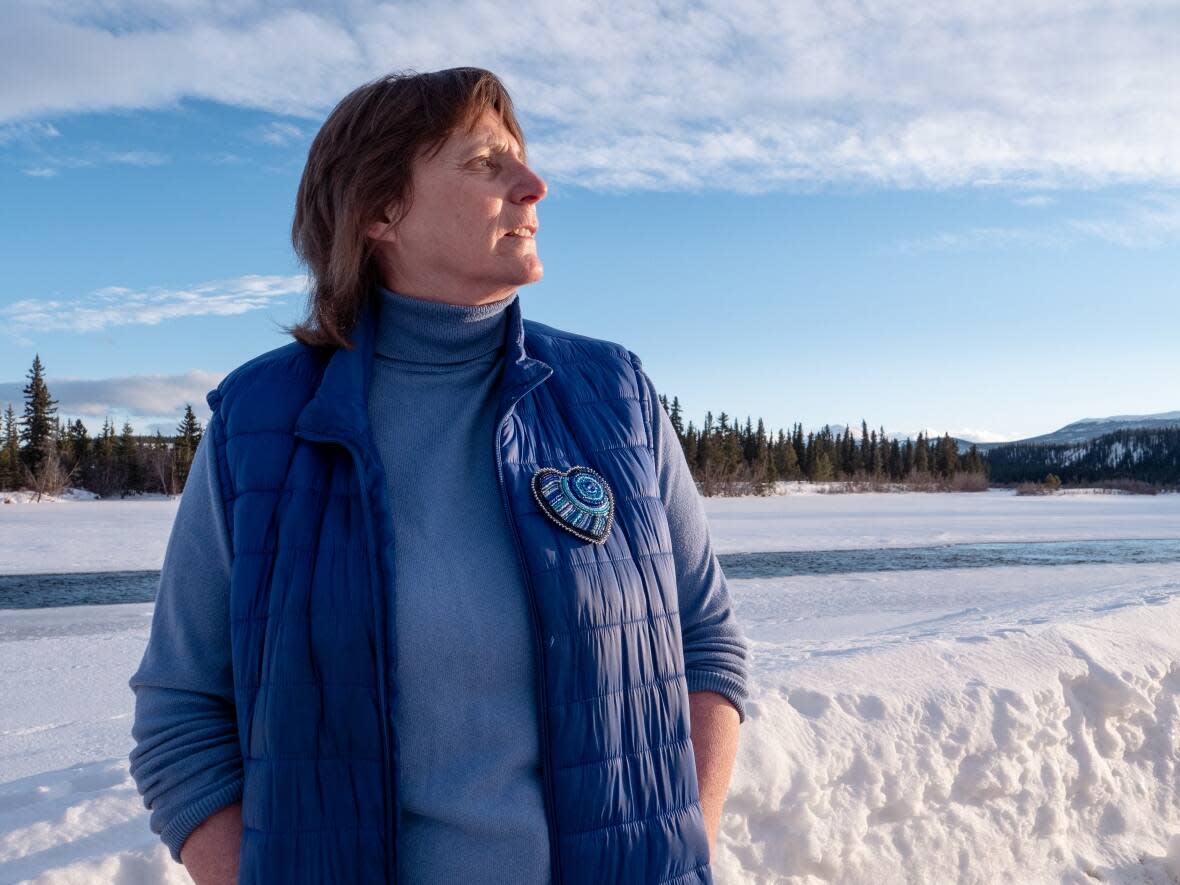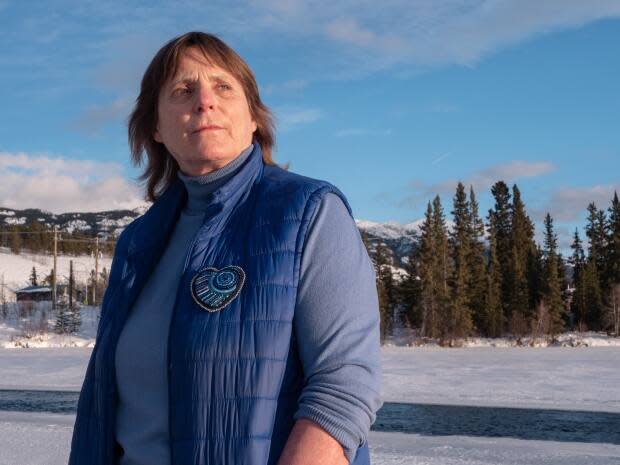Yukon's coroner decribes "front-row seat" on the opioid crisis

Yukon's chief coroner, Heather Jones, has a mandate to investigate all sudden, unexpected deaths and she's had a "front-row seat" to the territory's growing opioid crisis.
The Yukon now leads Canada with the most per capita opioid deaths in the country and Jones believes many deaths can be prevented through decriminalization, safe supplies and breaking down the stigma around addiction.
"I'll be real honest with what I'm seeing, especially in the last six months, the last six weeks, it's quite frightening," she said.
Between 2016 and 2019, 23 people in the Yukon died from opioids, said Jones.
Opioid deaths
2016 to 2019 - 23 deaths
2020 - 10 deaths
2021 - 23 deaths
2022 - 8 deaths
In 2021 alone, the same number of people died opioid deaths and Jones said there may be more as they wait for toxicology reports to come back.
Just six weeks into 2022, eight people have died of drug overdoses. Four of them died in a single week.
It's a crisis that led the territory's health minister, Tracy-Anne McPhee to declare a substance use health emergency on January 20th.
Personally affected
Jones knows the people behind the numbers.
She's seen them rise since she became chief Coroner in 2016, just months after the territory's first known opioid-related death.

"I myself personally am dealing with families who are shattered, communities that are in such great pain," she said.
Born and raised in the Yukon, Jones is talking about people she knows — those who died are their children and grandchildren.
She admits, it's hard on the soul.
"I'm part of the community that's as affected as anybody else … it is absolutely heartbreaking," she said.
Jones said the crisis has accelerated noticeably since 2020 when the pandemic first started.
In 2020, there were 10 deaths, representing seven per cent of the investigations her office handled.
Barely two months into 2022, fatal overdoses represent 50 per cent of all the deaths she's investigating.
Jones said opioid deaths are preventable.
Safe supply and decriminalisation
Jones is hopeful that the public health emergency declared in mid-January will make a difference, and that steps like the territory's safe injection site, which opened in Sept. 2021, will help.

"We have to look at things like safe drug supply and even take a step toward decriminalization for amounts of drugs that are needed for these people," she said.
She said communities need to stop judging people who struggle with mental health and addictions, so that they can reach out and get the help they need.
It's for the sake of the families of those who have died, said Jones.
"The stigmatization kind of carries through to their [grieving] process, she said.
"That too is very heartbreaking and hard to see and hear — the difficulty people have through the whole nature of these deaths."


